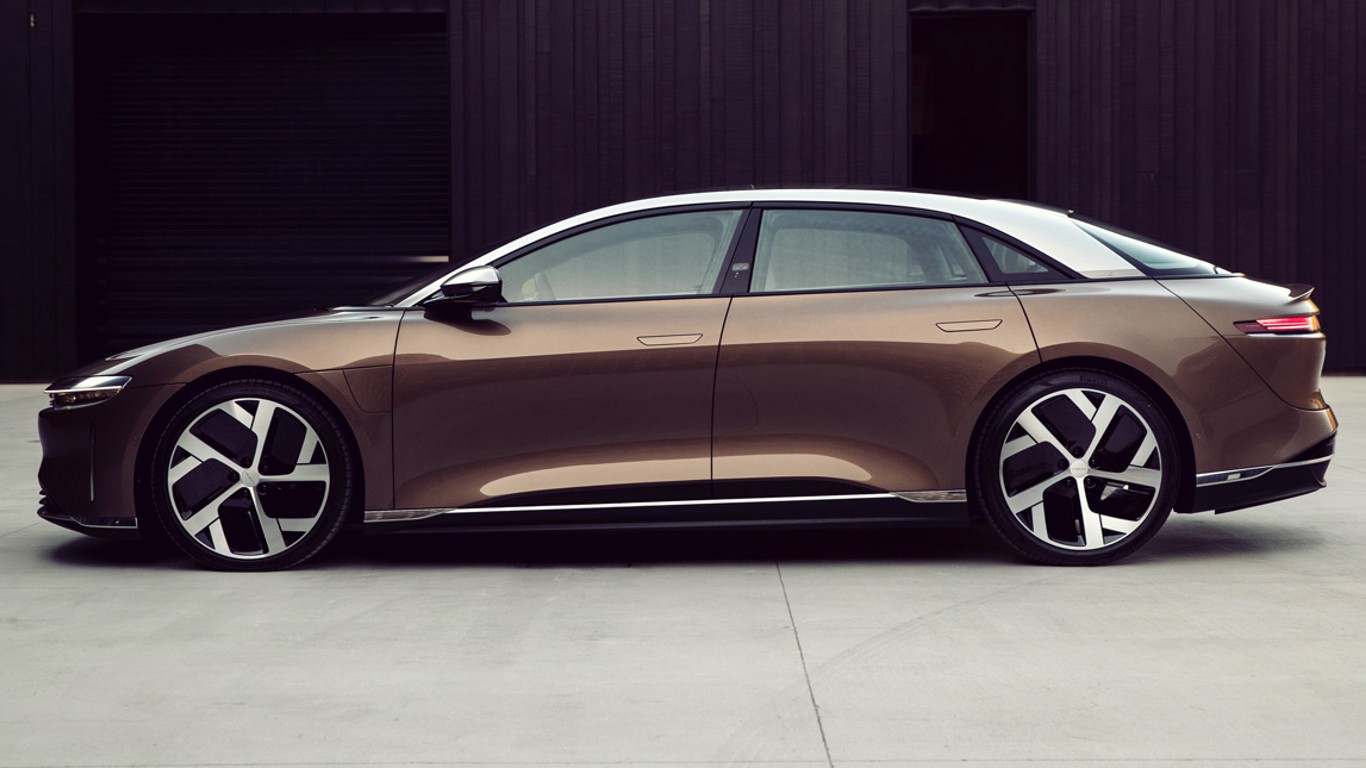
Automakers have been piling into deals with technology companies recently as the two industries try to forge alliances to develop vehicle automation, more commonly called self-driving cars. U.S. consumers, however, are less infatuated with the idea.
The latest study from researchers Michael Sivak and Brandon Schoettle of the University of Michigan’s Transportation Research Institute surveyed drivers’ preferences among various levels of vehicle automation, including preferences for interacting with and overall concern about riding in self-driving vehicles. The researchers received 618 responses to this year’s survey, which used the identical questionnaire they used for the first time in 2015.
The responses were similar as well. More than 45% of U.S. drivers surveyed this year most frequently preferred no self-driving automation, compared with almost 44% a year ago. Drivers who preferred partial self-driving totaled nearly 39%, compared with nearly 41% a year ago. The percentage preferring completely self-driving cars remained nearly flat at 15.5% this year, compared with 15.6% last year.
Women are more concerned than men about riding in totally self-driving cars, and older drivers are more concerned than younger drivers. Those relationships also apply to riding in partially self-driving vehicles.
Nearly all respondents (94.5%) want a steering wheel, gas pedal and brake pedal available in totally self-driving cars. That response holds true for both genders and all age groups.
Women prefer voice commands for giving a self-driving car destination information, while the largest percentage of men prefer using a touchscreen. When a partially self-driving car requires driver intervention, most respondents (59%) prefer a combination of sound, visual and vibration signals, regardless of sex or age.
Sivak and Schoettle noted in their conclusions:
Overall public opinion has been remarkably consistent over the two years that this survey has been conducted, despite the increased media coverage of self-driving vehicles. Furthermore, questions such as preferred destination input method or driver intervention notification method showed the same patterns in both in the order and magnitude of preferences as the previous survey.
What this means for automakers is that they could have a tough time persuading U.S. drivers to accept (and pay for) either totally or partially self-driving cars. The situation is more like a new technology that requires a company to educate its customers to the benefits of the new technology. It is costly and payback can take a long time.
100 Million Americans Are Missing This Crucial Retirement Tool
The thought of burdening your family with a financial disaster is most Americans’ nightmare. However, recent studies show that over 100 million Americans still don’t have proper life insurance in the event they pass away.
Life insurance can bring peace of mind – ensuring your loved ones are safeguarded against unforeseen expenses and debts. With premiums often lower than expected and a variety of plans tailored to different life stages and health conditions, securing a policy is more accessible than ever.
A quick, no-obligation quote can provide valuable insight into what’s available and what might best suit your family’s needs. Life insurance is a simple step you can take today to help secure peace of mind for your loved ones tomorrow.
Click here to learn how to get a quote in just a few minutes.
Thank you for reading! Have some feedback for us?
Contact the 24/7 Wall St. editorial team.


